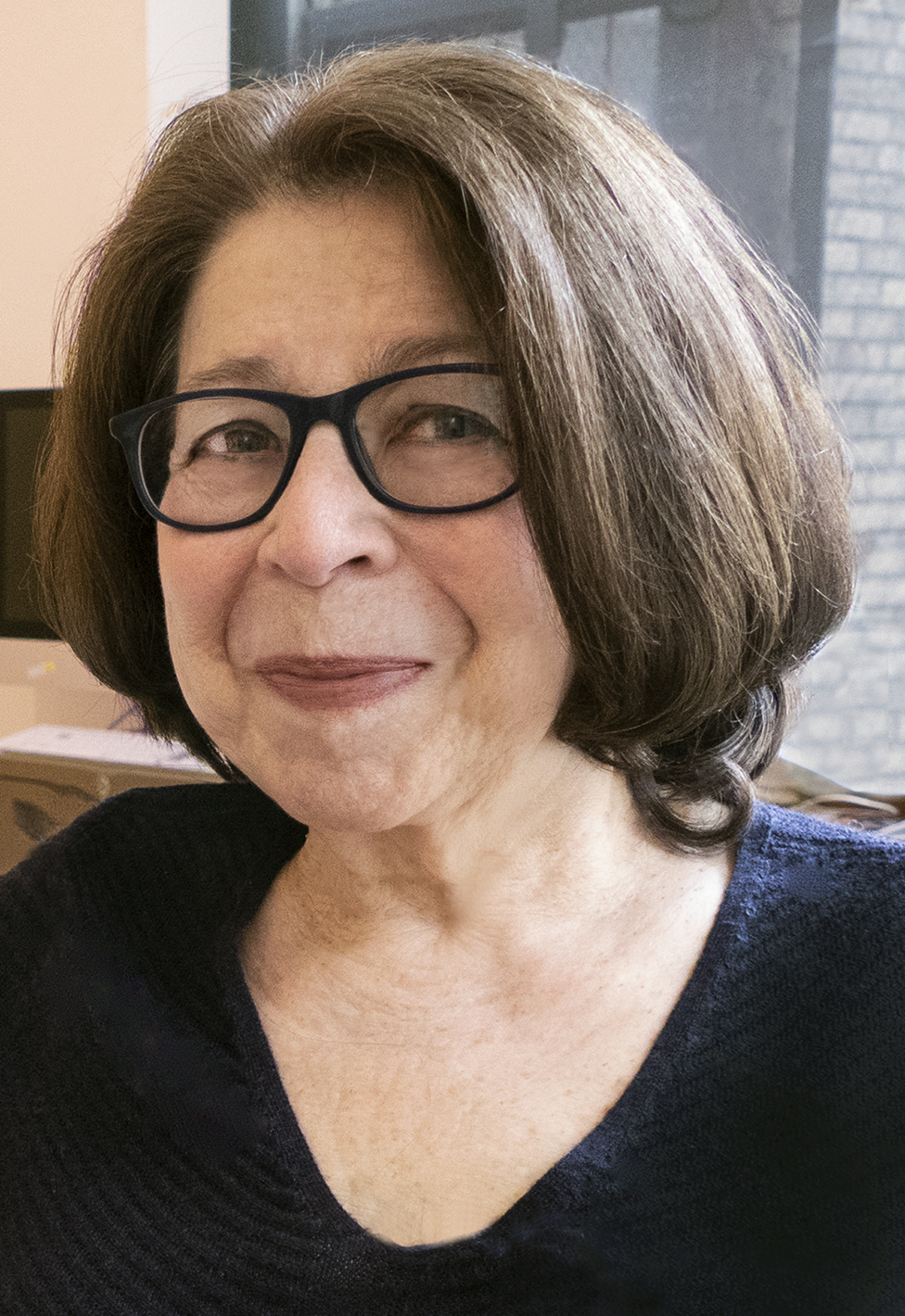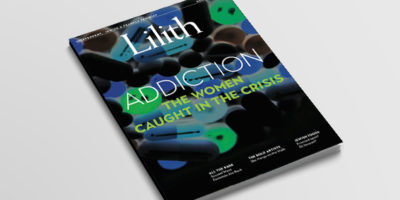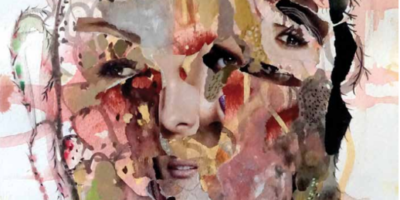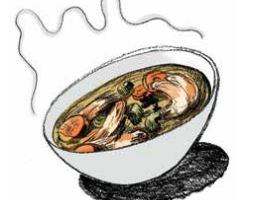
Susan Weidman Schneider on the Jewish Stake in Abortion Rights
In 1970, three years before Roe v. Wade gave women a constitutional right to abortion, letters addressed to medical personnel across the U.S. announced that in New York State abortions had become legal up to the 24th week of pregnancy. Doctors elsewhere could refer women seeking abortions to facilities in New York. Safe, legal abortions were at last available—for some women.
The experience could still be fraught, however. One New York City obstetrician-gynecologist told me of women coming to his office bearing a deliberately nasty letter of referral from their local doctor. “To the Abortionist” was one such salutation, with the envelope deliberately left unsealed, so that the woman could have the unsettling experience of reading, en route to her appointment, that she was about to murder her baby.
What underlies such a letter is same punishing, patriarchal, judgmental attitude that drives today’s challenges to Roe. It’s what commentator Rachel Maddow describes as the Trump administration’s “performative cruelty,” and includes decidedly anti-“life,” anti-child policies like the separation of infants and children from their parents at the southern border of the U.S. The laws Georgia and Alabama passed this spring don’t just fly in the face of federal law. “Instead,” The Washington Post reminded us, “they represent a dramatic and unprecedented escalation of antiabortion law in the United States… far, far worse than a simple Roe reversal.”
These new laws are greasing a once-unimaginable retrograde slide. The actual wording of Roe states that “unduly restrictive state regulation of abortion is unconstitutional.” Yet the new laws want to refuse exceptions even in cases of rape or incest.
By forbidding almost all abortions, these laws, in addition to their vicious misogyny, are a violation of our rights as Jews to practice our religion. Here’s a brief refresher course: Jewish law privileges the life of the mother over the status of the fetus. When a woman’s life or health are endangered by pregnancy, the fetus becomes a “pursuer,” as if the woman were under attack by an enemy. Simply put, if the woman’s health—including in some instances even her mental health—is threatened by the continuation of the pregnancy, Jewish law declares the pregnancy may be terminated.
Jewish women took this understanding to heart when, in 1987, conservative judge Robert Bork was nominated—and failed to be confirmed—to the Supreme Court. Widespread opposition hinged in large part on Bork’s anti-abortion stance. When leaders of Jewish women’s organizations gathered to strategize, they focused on how it stifled freedom of religion. Yet last year when Brett Kavanaugh was nominated (and later confirmed) for a seat on the Court, freedom of religion had faded as a valid opposition point.
In our precipitous present, what can we learn from these earlier struggles?
Whisper networks used to signal to pregnant women where they could obtain a sometimes safe, sometimes life-threatening abortion. And then came Jane, the courageous cadre of young women, most not medical professionals, who learned how to perform abortions themselves. “Jane” performed an estimated 11,000 abortions in the years just before Roe.
There was no technology then to monitor women’s bodies via ultrasound, “proving” the gestational age of the fetus or that it already had a heartbeat. In those days a miscarriage was a miscarriage, perhaps a sad event; now, a woman who miscarries risks being accused of homicide.
So pay attention to local rulings, like requiring a woman seeking an abortion to undergo an unnecessary vaginal probe,or be forced to view an ultrasound of the fetus. “Mandatory ultrasound laws have no medical justification,” according to NARAL, “and are designed by anti-choice politicians solely to intimidate, shame and harass women who seek abortion.” Right!
Better news: DIY medical abortions are now possible even in the second trimester of pregnancy (13–24 weeks) using Mifepristonemisoprostol. A New York Times op-ed even advises women to get prescriptions for these drugs filled now, so you can stockpile the meds in case Roe is revoked. And abortion costs are now abated some by women and men donating to abortion funds. New York City this spring allocated $250,000 to help women in need pay for abortions—the first municipality to do so. (This with advocacy support from, among others, NCJW-NY.)
Remember from the AIDS epidemic that Silence = Death. If Roe is overturned, we’re talking women’s deaths. So ally yourself publicly right now with organizations supporting reproductive rights. Advocate; tell legislators where you stand. Get ready to speak out and change minds. And prepare to be shocked, as a friend of mine was when one of her book-group buddies declared categorical opposition to abortion.
Ask rabbis to give sermons on abortion rights, Jewish law and the threat the new legislation poses to religious freedom. Encourage clergy to earmark discretionary funds for low-income women needing an abortion. Let educators know you expect them to position abortion rights as an important tenet of Jewish law. Lobby religious and secular schools to provide accurate and useful sex ed, so that all students understand how to prevent pregnancy.
Fight parental consent or notification laws; 39 states have them, and they undermine patient autonomy, according to the American Medical Association ethics journal. The journal reinforces something else you know. Any law “supporting physician refusal to refer patients for abortion on conscience grounds obscures the fact that providing abortion is, for many, also a conscience- and values-based decision.”
In struggle,
Susan Weidman Schneider
Editor in Chief




